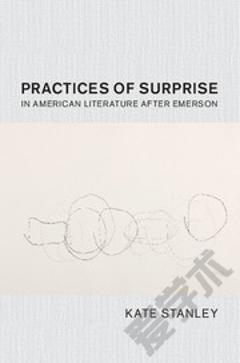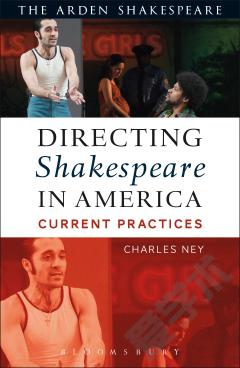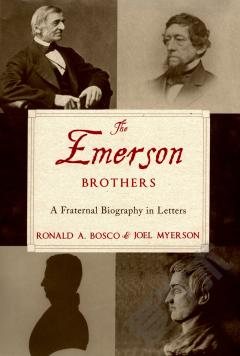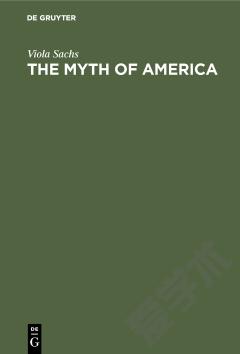Practices of Surprise in American Literature After Emerson
Practices of Surprise in American Literature After Emerson locates a paradoxical question - how does one prepare to be surprised? - at the heart of several major modernist texts. Arguing that this paradox of perception gives rise to an American literary methodology, this book dramatically reframes how practices of reading and writing evolved among modernist authors after Emerson. Whereas Walter Benjamin defines modernity as a 'series of shocks' inflicted from without, Emerson offers a countervailing optic that regards life as a 'series of surprises' unfolding from within. While Benjaminian shock elicits intimidation and defensiveness, Emersonian surprise fosters states of responsiveness and spontaneity whereby unexpected encounters become generative rather than enervating. As a study of how such states of responsiveness were cultivated by a post-Emerson tradition of writers and thinkers, this project displaces longstanding models of modernist perception defined by shock's passive duress, and proposes alternate models of reception that proceed from the active practice of surprise.
{{comment.content}}








 京公网安备 11010802027623号
京公网安备 11010802027623号